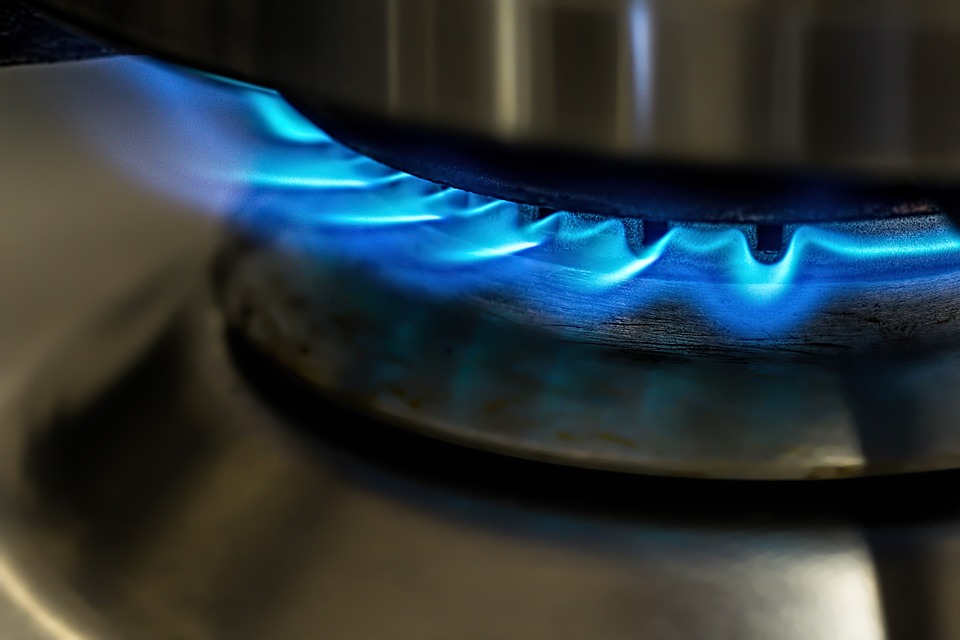Statistics from the UK’s Health and Safety Executive (HSE) show that an estimated 14 people every year die from carbon monoxide poisoning. With this in mind, during this period of the year, many university students have just moved into new accommodation and knowing how to keep yourself safe is crucial if you want to avoid becoming another statistic.
Most landlords running student properties take their responsibilities extremely seriously, but reports have indicated that a third of tenants, both private and students have reported problems with gas appliances which have not been properly dealt with by landlords. In turn, 4,000 people per year visit A&E with symptoms of carbon monoxide (CO) poisoning.
Be sure your accommodation is gas safe, not only for your safety but also as an indicator of the professionalism of your landlord. If they won’t take the time to get an official Gas Safety Certificate for your student property, what else have they neglected to do? Here are some tips for students on gas safety in their rented accommodation.
Ensuring your student accommodation is gas safe
When you’re beginning to go for viewing of potential student accommodation locations for your next academic year, you should take steps to make sure your landlord or letting agent is offering you a safe place to live. Some of the things you can do to make sure your new home is gas safe includes:
Check there are CO detectors are installed:
All student homes should have carbon monoxide detectors installed in rooms with solid fuel appliances or a gas cooker or boiler. These should be regularly checked to make sure they work. Some smoke detectors have CO detectors already built in, but don’t make the assumption that this will be the case. Ask your landlord or letting agent to highlight to you the CO detectors when you visit the property.
Ask to see the Gas Safety Certificate:
Don’t necessarily take their word for it that a gas check has been done. When you view or apply for your student accommodation, you should be presented with the certificate copy, which is a pink sheet entitled Landlord / Homeowner.
Gas Safety Record:
you can see an example here. Checks are required every 12 months, so make sure your student property was inspected recently.
Know the symptoms of carbon monoxide poisoning:
CO poisoning can seem the same as other common illnesses, such as food poisoning or, unfortunately for many students, a bad hangover.
Headaches, nausea, dizziness and breathlessness are all symptoms. If you suspect you have been poisoned, go to a hospital immediately for treatment.
Know who can support you:
If you’re unsure if your student accommodation is gas safe, you can seek guidance from your Student Accommodation Office or from the Health and Safety Executive. Knowing your rights and responsibilities with gas can help, so ensure you are aware of all the details when you’re responsible for a home.
Gas safety is a real issue, so don’t accept less than a certain guarantee of your safety when agreeing to take your student accommodation.
Here at West London Gas, our experienced team of gas and heating engineers are heating engineers you can trust, whether you are a landlord or a tenant. Get in touch with us to find out more about the services we offer.

